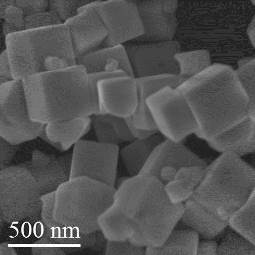Project summary
Functionalized carbon-based materials have much higher surface activity compared to bare carbon surfaces. These heterogeneous carbon materials have vast potential in electrochemical energy technologies, such as batteries, supercapacitors and fuel cells. This project is specifically devised to meet the emerging demands on high energy and high power electrochemical devices. Our research will bring together the materials development and the novel device fabrication. The ultimate target will be to make compact, light weight and high performing devices.
The material candidates are versatile, including nanoporous carbons, carbon nanostructures (rods, fibers, tubes, wires, sheets, spheres, etc.) and their 3D assemblies (including film, membrane, aerogel and hydrogel, etc.). The materials will be functionalized by chemical, electrochemical, mechnochemical and physical methods. The surface functionalities will include surface functional groups (oxygen, nitrogen, boron, phosphorus, or halogen), transitional metallic species (Mn, Co, Fe, Ni, MnOx, CoOx, etc.) and conducting polymers (polyaniline, polypyrrole, etc.). The study will explore the electrochemical activity of these functionalized carbon surfaces in aqueous and aprotic electrolytes. Versatile characterization methods (XRS, FTIR, EQCM, TEM, ect.) will be adopted.
International candidates need to obtain a Master degree in materials science, chemistry, or chemical engineering; however outstanding 4th year undergraduate students with relevant research experience are encouraged to apply. Local candidates should ideally possess a 1st class honours degree in chemistry, chemical engineering or materials science; however holders of high level 2nd class honours degree with competent research experience are encouraged to apply.
Supervisors:
- Dr Da-Wei Wang
- Professor Rose Amal
